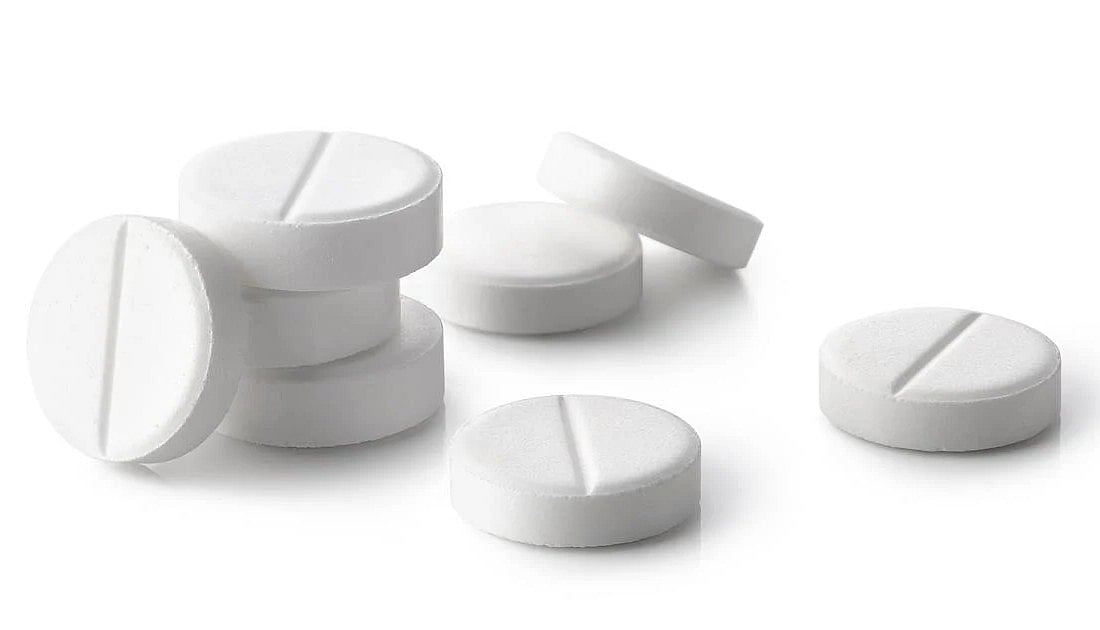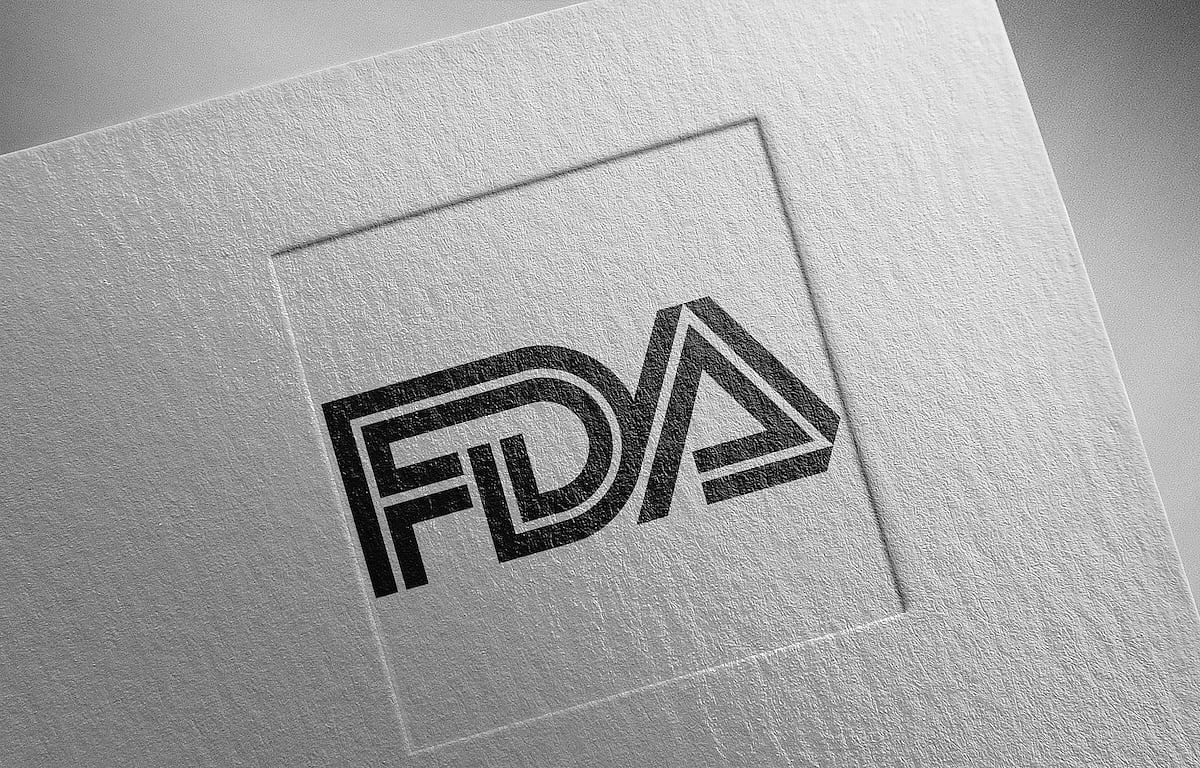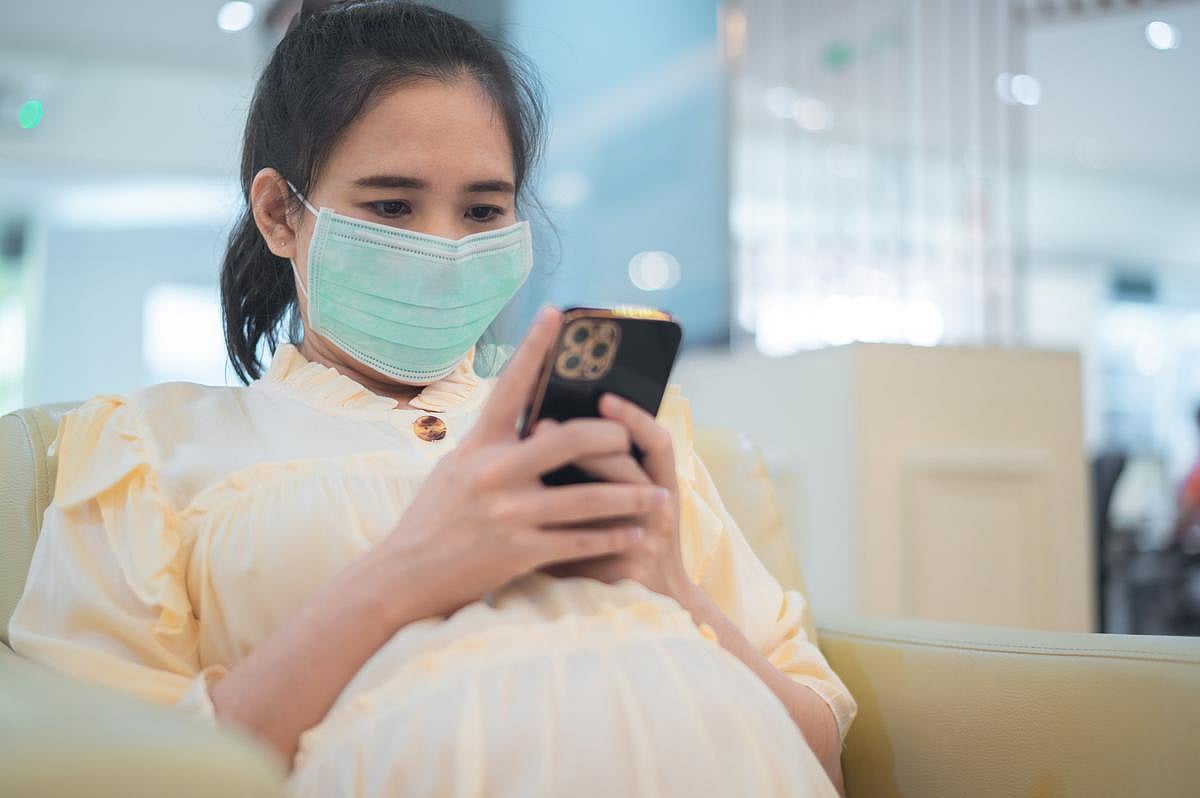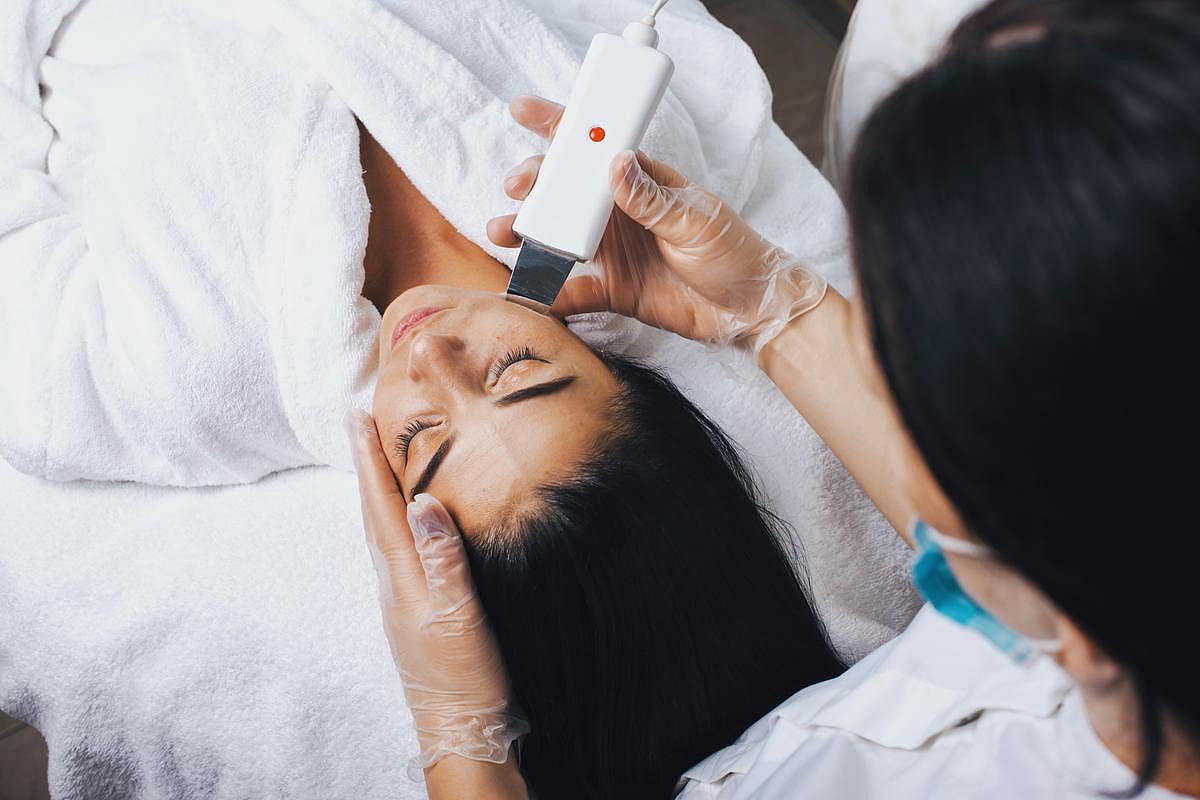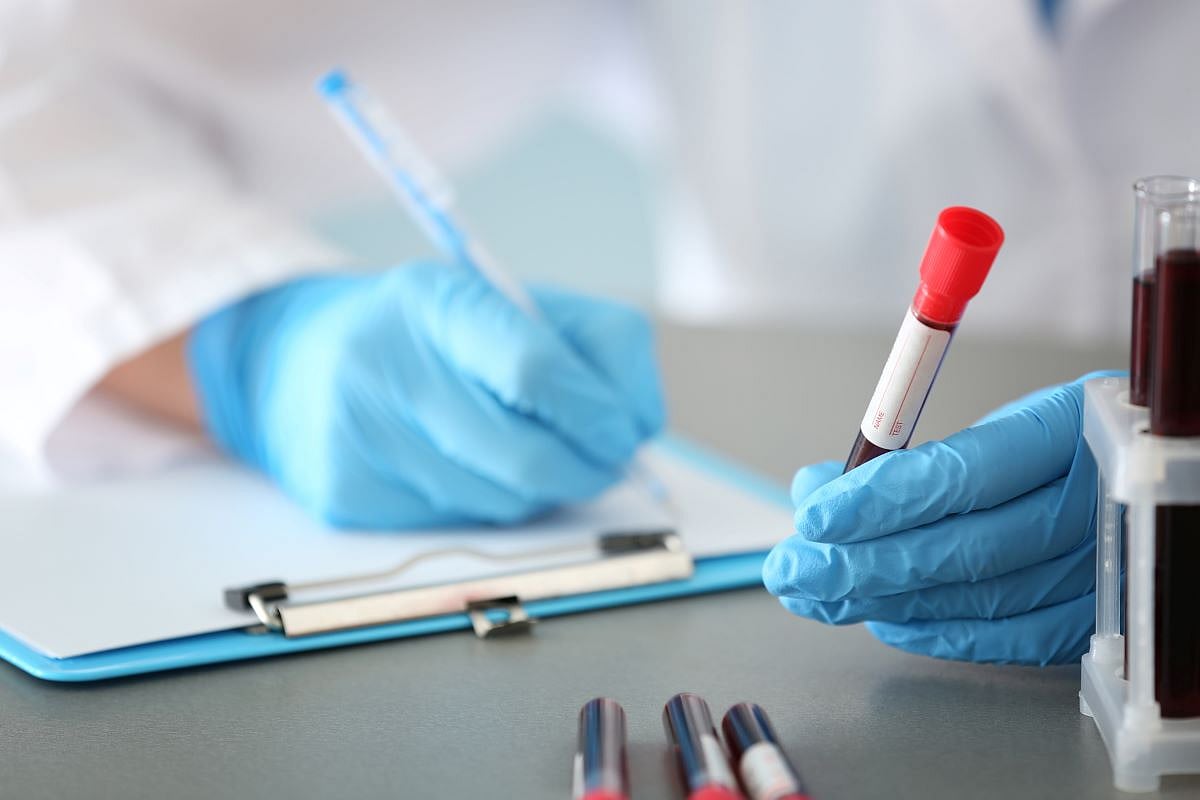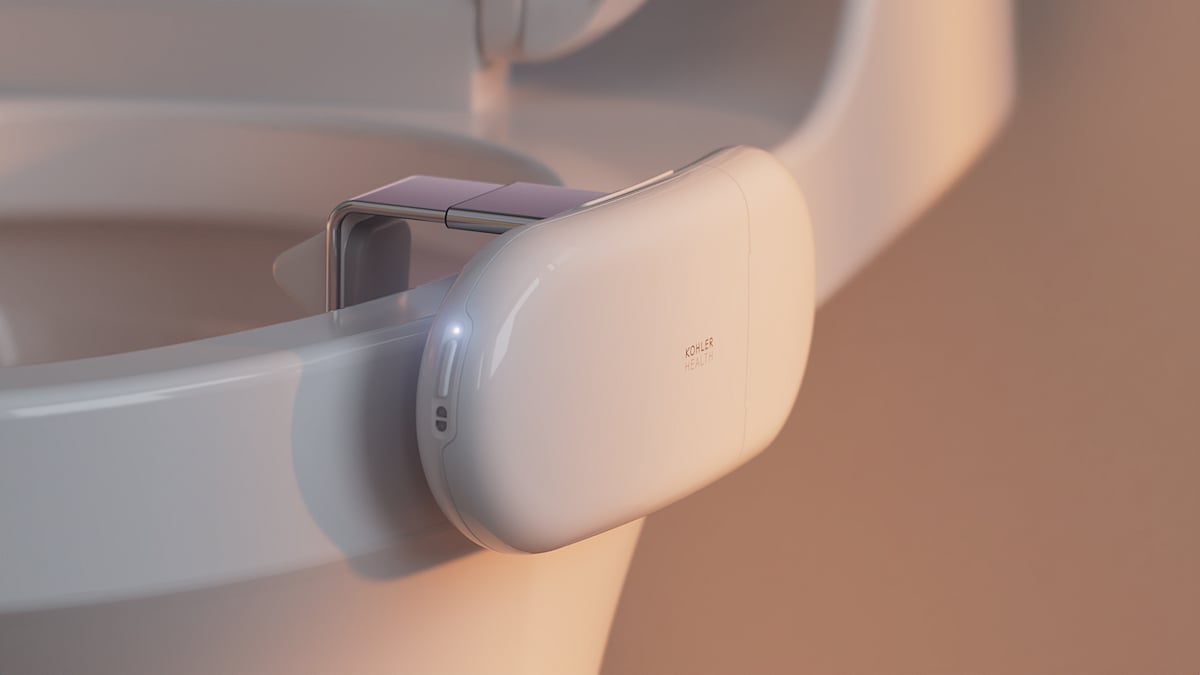
Tobacco remains the leading preventable cause of cancer death in the U.S., despite a dramatic decline in smoking, a new American Cancer Society report says. More than 80% of lung cancer deaths are linked to tobacco, according to data from the inaugural release of the American Heart Association’s U.S. Tobacco Atlas. That’s even though cigarette… read on > read on >










